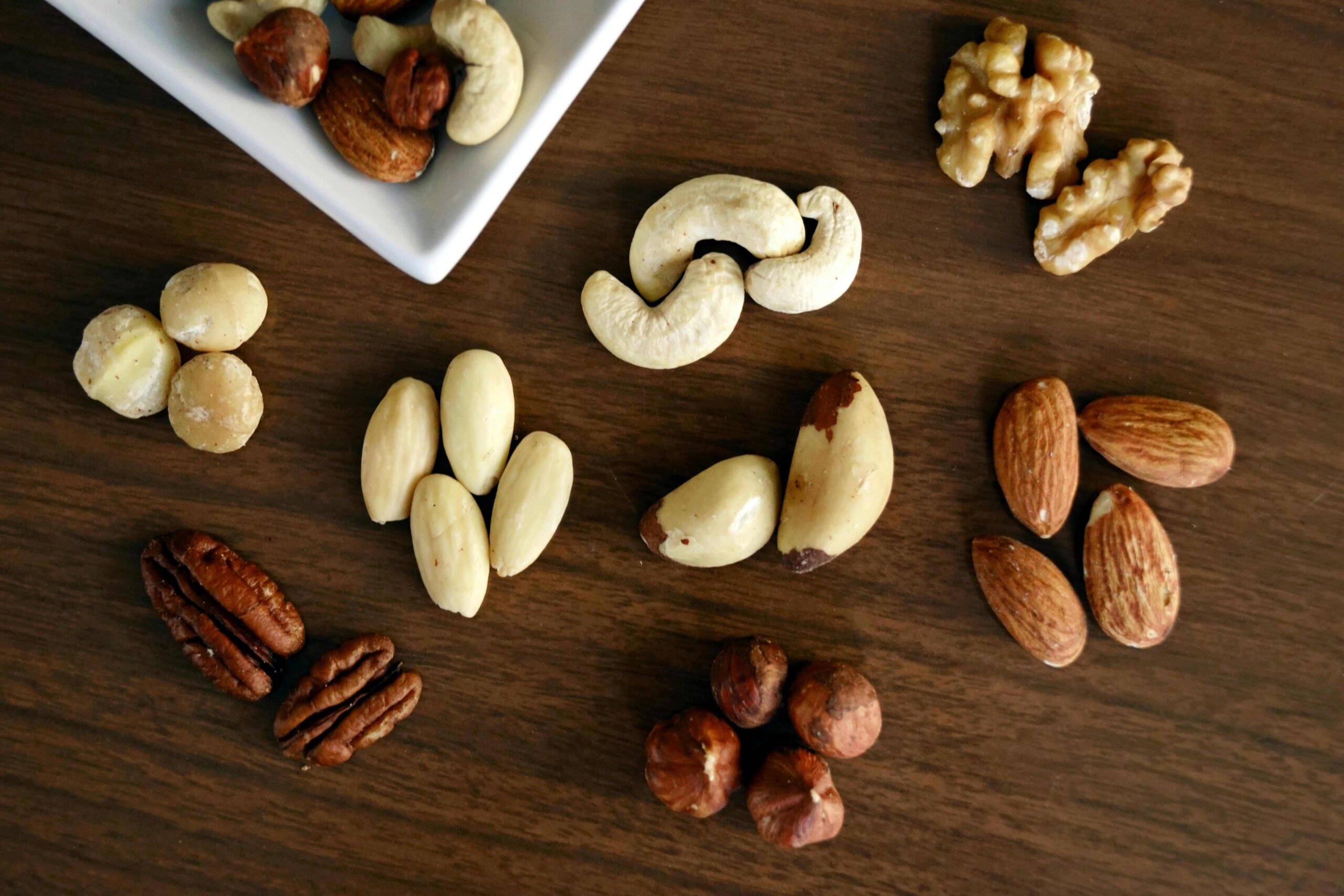Eating a healthy and varied diet packed full of nutrients will make you and your body feel better and more energised.
In addition to this, focusing on gut health will optimise your physical and mental health. This is something many Brits are taking a keen interest in, with 1.6k monthly searches for “best foods for gut health” and questions from AlsoAsked data such as:
-
How do I repair my gut?
-
What fruit has the most probiotics?
-
Which drink is good for digestion?
-
What 3 foods are good for your gut?
Kim Plaza is a registered nutritionist and senior technical advisor for Bio-Kult and notes the importance of introducing gut-healthy foods into our diets:
“The gut microbiota consists of trillions of different microbes, all with their own characteristics and influence on our digestive health. Some microbes may be helpful to us, and some not so much. We can influence which types of microbes we have in our gut by eating particular foods. Foods high in specific types of fibre, for example, contain antioxidants and beneficial bacteria that are thought to be especially helpful for supporting the gut microbiome and potentially contribute to good gut health.”
Encouraging a highly diverse gut microbiome is great for digestive health, so Kim has detailed some of the best foods you should be introducing into your diet:
-
Kefir
Kefir is a traditional soured milk drink that’s very versatile. It can be used as a plain or flavoured drink, added to breakfast cereals and smoothies, or used as a base for sauces and dips.
A wide range of different beneficial species have been identified in traditionally fermented kefir, including L. paracasei, L. acidophilus, L. delbrueckii, L. plantarum and most predominantly, L. kefiri. Some of the suggested benefits of kefir are improved protein digestibility, immune support and gastrointestinal symptoms, with some evidence suggesting benefits for the oral microbiome too.
-
Onion
The benefits of onions are often overlooked, but they contain a variety of beneficial compounds, which could be helpful for immune support, detoxification and inflammatory modulation.
When incorporating more onions into cooking, Kim recommends sautéing, baking, frying or grilling them. “These cooking methods improve our accessibility to beneficial compounds. Additionally, onions also contain specific types of fibres that are good for our gut health and may promote the growth of beneficial Lactobacilli and Bifidobacteria breve species.”
-
Bright berries
Blueberries, blackberries, strawberries, blackcurrants, cranberries and raspberries all include many different nutrients. Add strawberries to summer salads, cranberries to roasted veg and blackberries to breakfast smoothie bowls to increase and diversify your intake of these nutritional powerhouses.
For gut health, these berries supply polyphenols, which may influence the representation of beneficial microbes, ward off less helpful bugs and support gut barrier function, which helps manage inflammatory processes.
Along with increasing the consumption of gut-friendly foods, many people also take a live bacteria supplement, such as Bio-Kult Everyday, which has been scientifically developed to target the digestive system.
Head to Bio-Kult’s website to get more information on the best foods you should be eating for optimal gut health.
